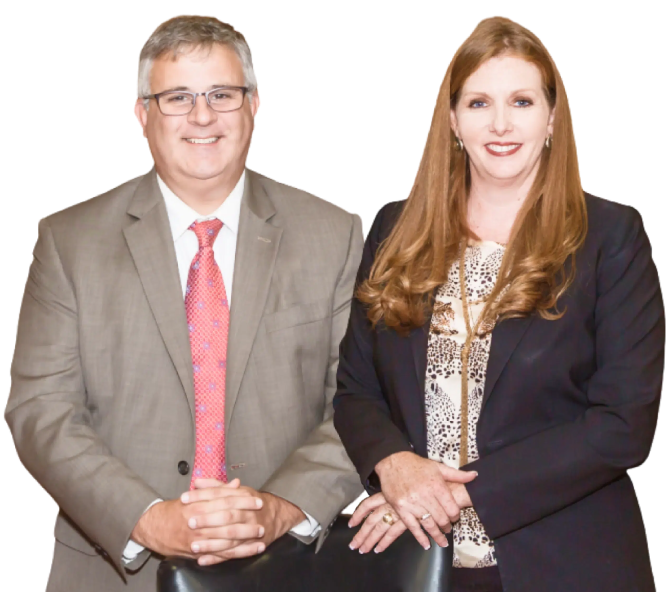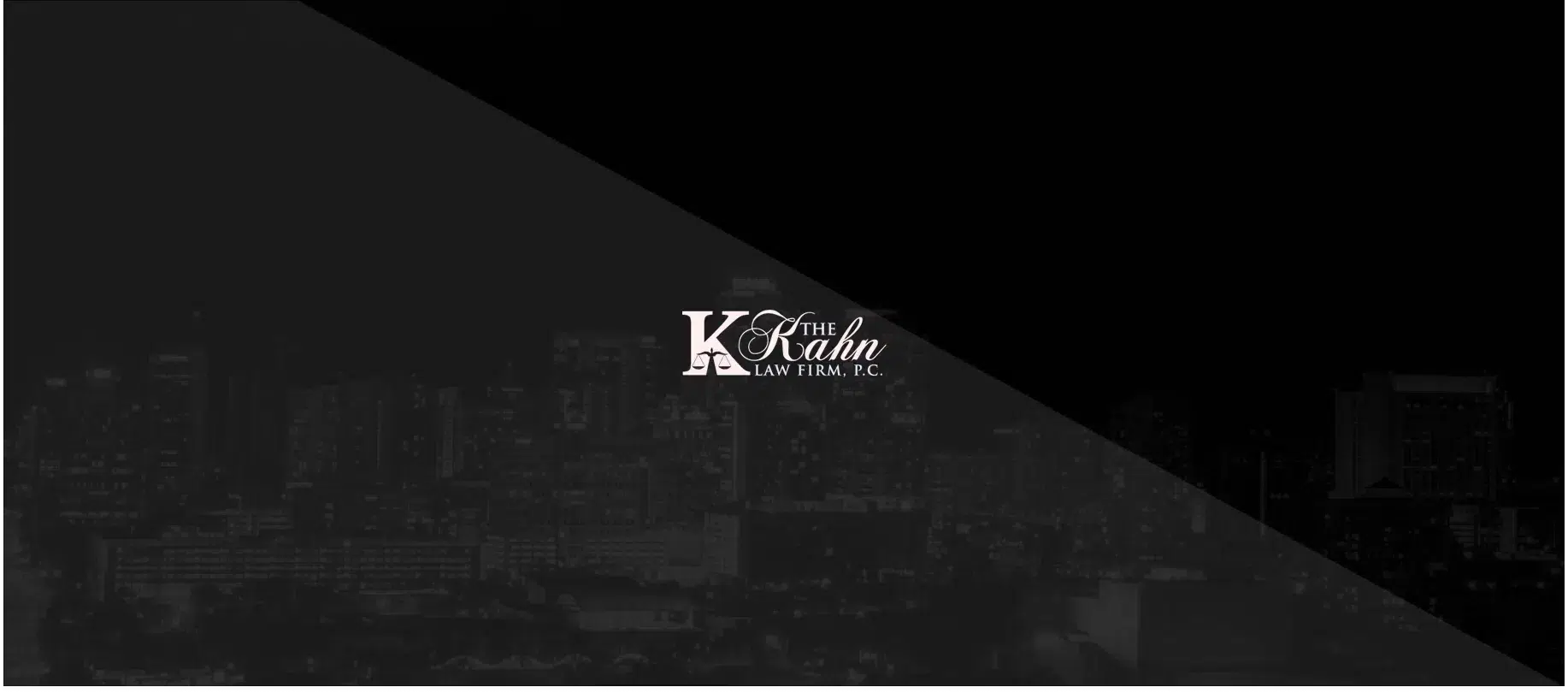Texas Dwi Surcharge System Has Failed – Houston Dwi Lawyers
Far from helping control DWI rates, a system in Texas that slaps steep surcharges on drunk driving offenders and others, has actually contributed to case backlogs in courts, and more numbers of DWI cases being dismissed. That opinion comes from a former McLennan County district court judge, David Hodges.
David Hodges told the Texas Public Safety Commission this week that the surcharge system had failed to work like it was meant to. Under the system, persons who violate certain driving rules, including drunk driving offenders, are slapped with a DPS surcharge. DWI offenders are, by far, the worst affected by such surcharges. They can expect a surcharge of $1,000 annually for three years for the first conviction, and after that, a surcharge of $2,000 annually in cases, where the BAC level was found to be twice the legally allowed limit.
Many DWI offenders tend to be young students, single parents and other persons who don’t earn enough to support such massive surcharges. For these people, the choice is between paying for their daily needs, or paying the surcharge. In fact, a majority of people slapped with a surcharge fail to pay these, in spite of the state establishing collection agencies to collect surcharges. The estimated 1.2 million people who have not paid their surcharges owe the state of Texas more than $1Billion. As a result of not paying the surcharge, these individuals have lost their drivers licenses.
The system was established in order to raise money for important projects, including highway construction and building of new trauma care centers. None of that has happened as planned. Very little money collected from the surcharge system has gone into construction of trauma care centers.
David Hodges is supporting a modification to the system that would allow persons convicted of DUI to have part of the surcharge waived off, in exchange for getting admitted into an alcohol treatment program. As Houston DWI attorneys, we find this option very encouraging. Often, drunk driving offenders could do with a little encouragement getting into a treatment program. Having a big chunk of their surcharge sliced off in return for getting the treatment they need, could work as the incentive the state hopes it will.
In any case, it makes no sense to hang onto a poorly thought-out system that might have had good intentions, but has suffered from poor implementation. As Houston DWI lawyers, we see that most DWI offenders in Texas can’t afford to cough up $1,000 or $2,000 every year for several years. It therefore, makes little sense to hold on to the system.


